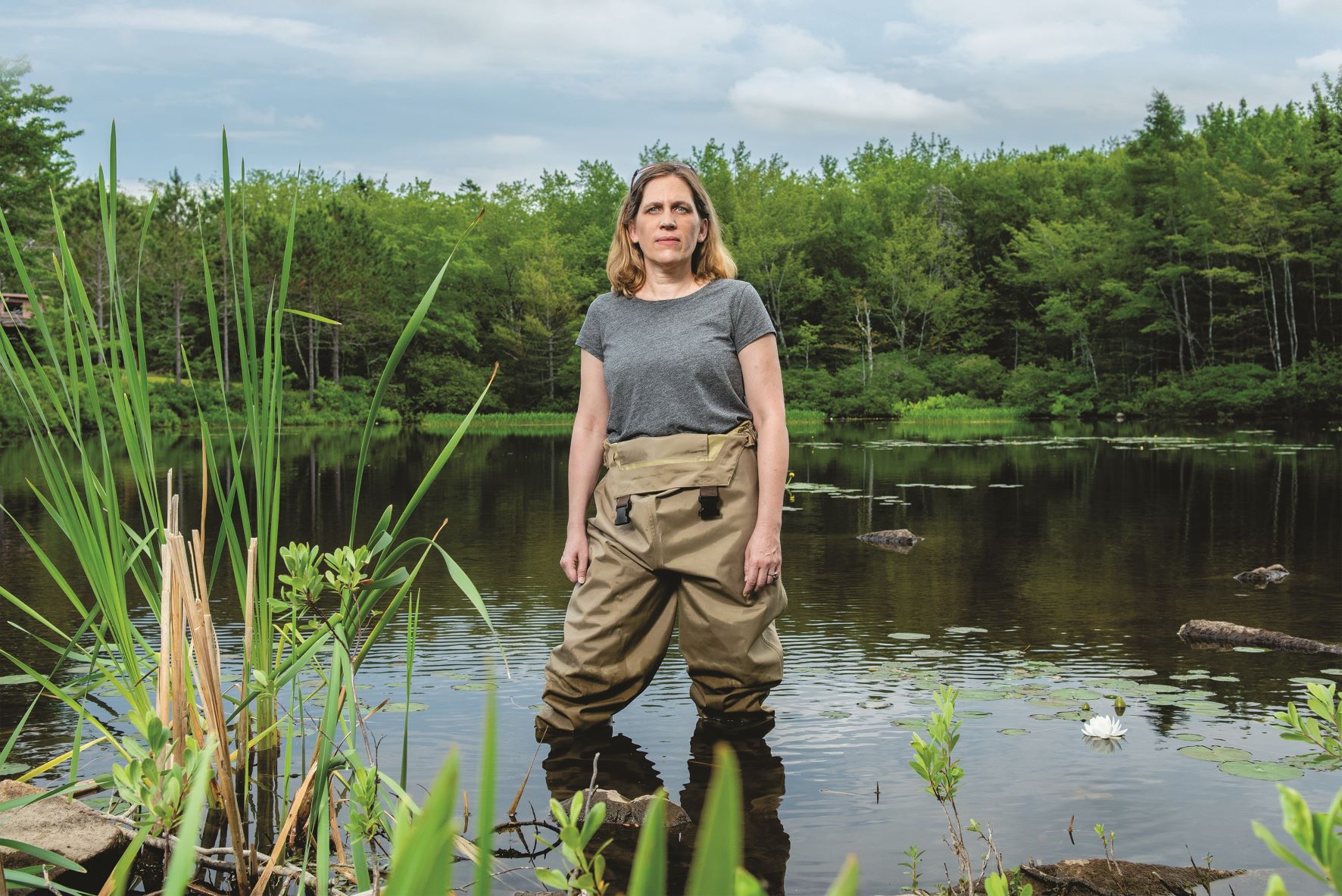
In between worlds: Navigating the globe as a Deaf scientist in a hearing world
Dr. Linda Campbell, Research Fellow in Aquatic Ecosystem Health at Saint Mary's University, will present during a Women Plus Water special event
Global Water Futures and the Global Institute for Water Security (GIWS), together with the College of Arts and Science and INSPIRE, will host a Women Plus Water special event with Dr. Linda Campbell.
Speaker: Dr. Linda Campbell, Research Fellow in Aquatic Ecosystem Health, Saint Mary's University
Date: Thursday, Sept. 15, 2022
Time: 1:30 pm - 2:45 pm CST
Location: In person at the Diefenbaker Canada Centre, Room 137 (refreshments will be served) or online via Zoom (register for the Zoom option)
The event will be hosted in ASL and English, with English closed captioning and French interpretation on Zoom.
Talk description:
It has often been said that "Earth" is a misnomer, and our planet should be called "Water." But in reality our planet actually has very little water, and we are perhaps fortunate that we have a surface layer which contributes to our amazing ecosystems. Framing limnological research and conservation appropriately never has been more important than it is now due to the immense demands humanity is placing on our resource-limited planet. Diversity and breadth of thought is becoming important as we break away from the traditional silos of our research while we approach the challenges of our work with lakes, rivers and wetlands. Transdisciplinary ways of working must happen at all levels, from one's research group, to teaching classes, to how we publish and peer-review others, and all the way to our federal funding agencies. Yet, enormous barriers and old ways of thinking are pervasive and can be harmful not only to us as humans, but also to our efforts to understand and conserve our freshwater ecosystems. Here, I bring my perspectives as a Deaf aquatic scientist. I share examples which illustrate barriers in our scientific endeavours which severely restrict the diversity of thought we need to solve urgent global concerns, as well as advancing science, technology, engineering, arts and mathematics. In the end, I pose the question to all of my STEAM colleagues: what do we need to do next?


